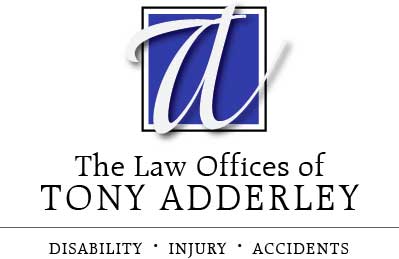Some dog attacks can be especially vicious, but even relatively minor incidents can cause injuries that the law allows to be compensated. Depending on the severity of the injuries sustained in a dog attack, dog bite victims may be entitled to receive compensation for the medical expenses arising from the attack, for pain and suffering, for emotional distress, for lost wages resulting from the inability to work, for the lost future ability to work, and for certain other losses as allowed. An experienced dog bite attorney can review the facts of a case, determine whether or not it has merit, and help the injured victim proceed with charges against the owner of the dog that caused the injuries.
Because of the strength of the canine jaw, even a small dog can cause deep punctures that can damage muscle and nerve tissue and that could cause permanent scarring. Not just this, but scratches caused by sharp nails can leave permanent marks and weaken the overall strength of the skin. The risk of infection is also of serious concern following a dog bite, particularly if the animal was itself afflicted with a disease or condition, and especially if the wounds are not treated by a medical professional right away.
Holding Owners Responsible
In California the owners of pets, including dogs, are required to maintain positive control over their animals at all times. If a pet is able to escape from a house or yard and wreak havoc on a local neighborhood, then the animal’s owner is liable for any damages, injuries, and losses caused by the animal. Contrary to popular belief, a dog owner may still be liable for a dog bite injury even if the dog has never displayed any sort of aggressive or violent behavior in the past – the specific facts of a case will dictate whether or not charges against a dog owner should be pursued. For the best results, dog bite victims are encouraged to speak with an experienced personal injury attorney.
Getting the Help of an Attorney
An attorney can provide a tremendous amount of legal assistance to dog bite injury victims. The attorney can review the case to ensure a claim is valid, can compile evidence on behalf of the injury victim to use in favor of his or her case, can contact relevant witnesses to testify as necessary, and can ensure that all legal procedures are followed as required by the courts. If a person decides to represent him or herself, even a simple administrative error could dismantle or at least create a major speed bump for his or her case. For example, if charges are filed after a statute of limitations has expired, which is essentially a legal time limit dictating how long after an incident charges must be filed, then the victim will have next to no chance of recovering the compensation that he or she may have been owed. The fact that a person is not an attorney will not cause the court to relax any of its regularly enforced rules.

